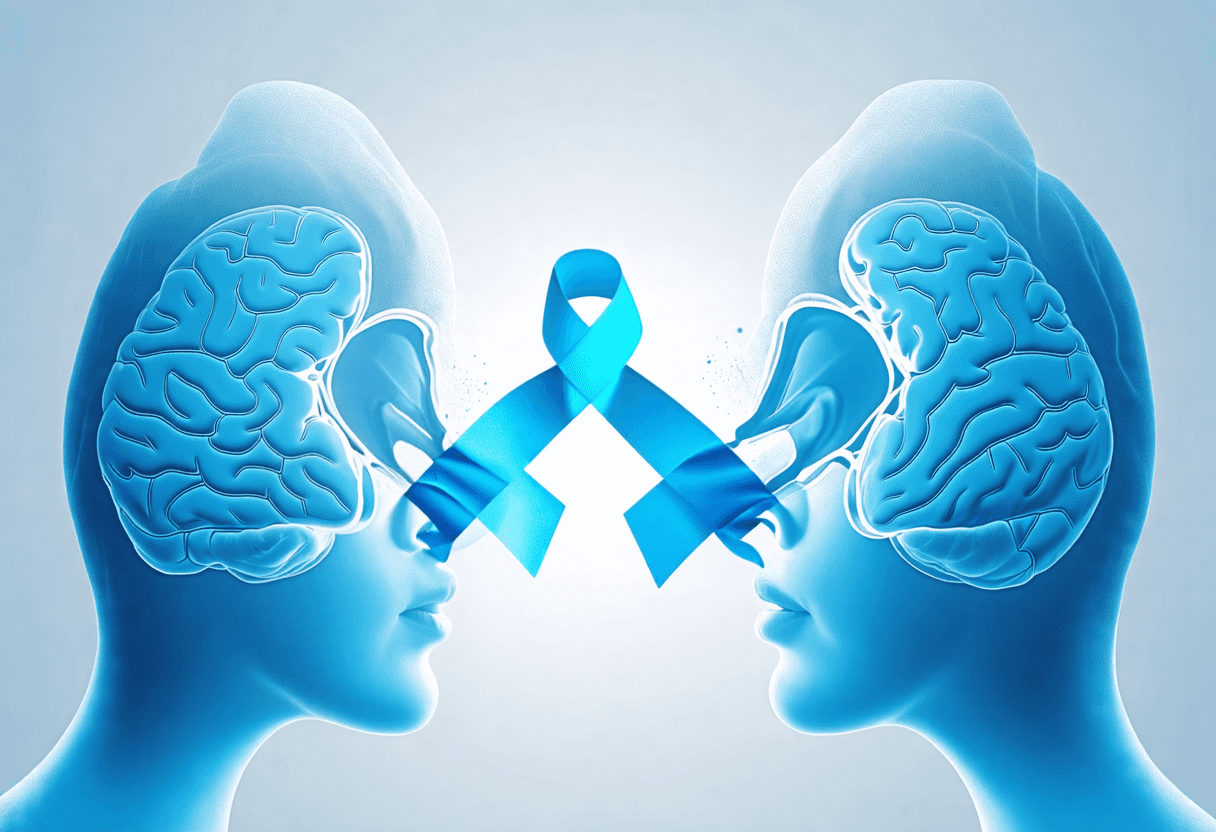
Esophageal Cancer and Family History
24 Oct, 2024
 Healthtrip
HealthtripWhen it comes to esophageal cancer, understanding the role of family history is crucial. As a complex and often aggressive disease, esophageal cancer can be a daunting diagnosis for anyone. But for those with a family history of the disease, the risk of developing esophageal cancer increases significantly. In this blog, we'll delve into the connection between esophageal cancer and family history, exploring the risks, symptoms, and what you can do to reduce your risk.
Understanding Esophageal Cancer
Esophageal cancer occurs when abnormal cells in the esophagus, the tube that carries food from the throat to the stomach, begin to grow and multiply uncontrollably. There are two main types of esophageal cancer: squamous cell carcinoma and adenocarcinoma. Squamous cell carcinoma typically develops in the upper and middle parts of the esophagus, while adenocarcinoma usually develops in the lower part of the esophagus and is more common in people with gastroesophageal reflux disease (GERD). Esophageal cancer can cause a range of symptoms, including difficulty swallowing, chest pain, and weight loss. If left untreated, esophageal cancer can spread to other parts of the body, making it even more challenging to treat.
Most popular procedures in India
Risk Factors and Family History
Several risk factors contribute to the development of esophageal cancer, including age, sex, and family history. According to the American Cancer Society, people with a family history of esophageal cancer are more likely to develop the disease themselves. This is because certain genetic mutations can be passed down from parents to children, increasing the risk of esophageal cancer. Additionally, people with a family history of other cancers, such as colon or breast cancer, may also be at higher risk of developing esophageal cancer.
In fact, a study published in the Journal of Clinical Oncology found that people with a first-degree relative (parent or sibling) with esophageal cancer have a 2.5-fold increased risk of developing the disease. This highlights the importance of understanding your family medical history and discussing it with your doctor. By knowing your risk factors, you can take proactive steps to reduce your risk of esophageal cancer.
Wellness Treatments
Give yourself the time to relax
Lowest Prices Guaranteed!

Lowest Prices Guaranteed!
Reducing Your Risk of Esophageal Cancer
While there is no surefire way to prevent esophageal cancer, there are several steps you can take to reduce your risk. One of the most significant risk factors for esophageal cancer is gastroesophageal reflux disease (GERD), which can cause stomach acid to flow back up into the esophagus, damaging the lining and increasing the risk of cancer. Maintaining a healthy weight, avoiding trigger foods, and managing stress can help alleviate GERD symptoms.
Other ways to reduce your risk of esophageal cancer include:
- Quitting smoking and avoiding secondhand smoke
- Limiting alcohol consumption
- Eating a balanced diet rich in fruits, vegetables, and whole grains
- Exercising regularly
- Getting enough sleep
By making these lifestyle changes, you can reduce your risk of esophageal cancer and improve your overall health.
Screening and Early Detection
Screening tests can help detect esophageal cancer in its early stages, when it is more treatable. While there is no standard screening test for esophageal cancer, people with a family history of the disease or other risk factors may benefit from regular endoscopy screenings. During an endoscopy, a flexible tube with a camera and light on the end is inserted through the mouth or nose to examine the esophagus and stomach. If abnormal cells are detected, a biopsy can be performed to determine if cancer is present.
Early detection is critical in the treatment of esophageal cancer. When caught early, esophageal cancer can often be treated with surgery, chemotherapy, or radiation therapy. However, if the cancer has spread to other parts of the body, treatment options are limited, and the prognosis is often poor.
Conclusion
Esophageal cancer is a complex and aggressive disease, but understanding the role of family history is crucial in reducing your risk. By knowing your risk factors, making healthy lifestyle changes, and staying vigilant about screening and early detection, you can take control of your health and reduce your risk of esophageal cancer. Remember, knowledge is power, and being aware of your family medical history is the first step in protecting yourself from this devastating disease.
Related Blogs
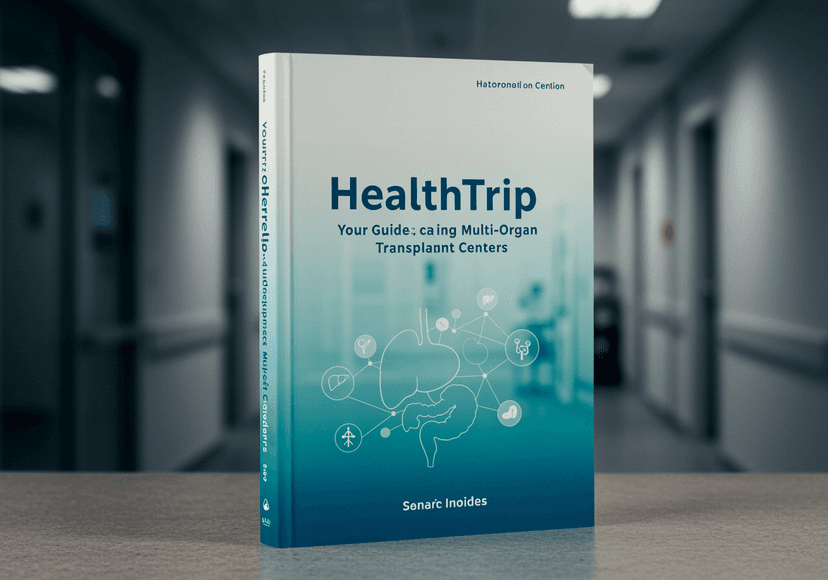
Healthtrip: Your Guide to Leading Multi-Organ Transplant Centers
Healthtrip

Healthtrip: Advanced Brain Treatment Options with Expert Surgeons
Healthtrip
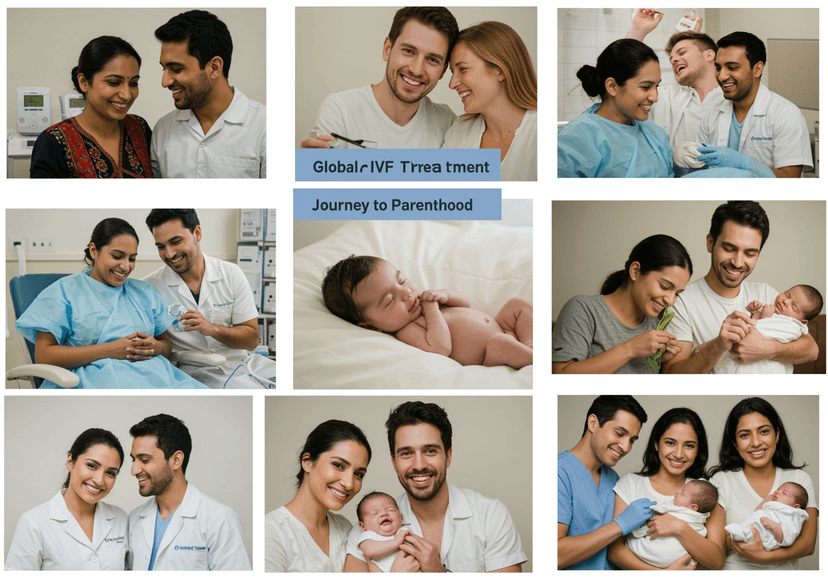
Healthtrip: Global IVF Treatment - Journey to Parenthood
Your Path to Parenthood with Healthtrip
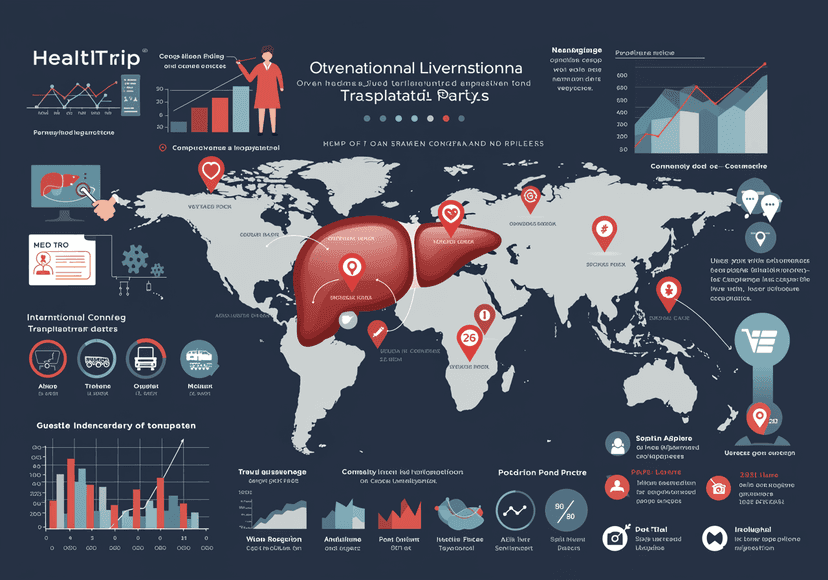
Healthtrip: Navigating International Liver Transplant Options & Prices
Healthtrip
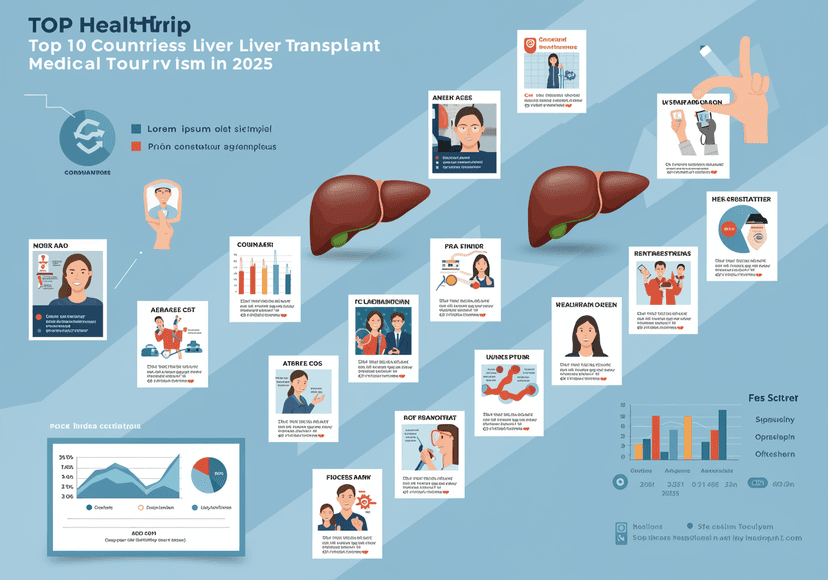
Healthtrip: Top 10 Countries for Liver Transplant Medical Tourism in 2025
Healthtrip Medical Tourism
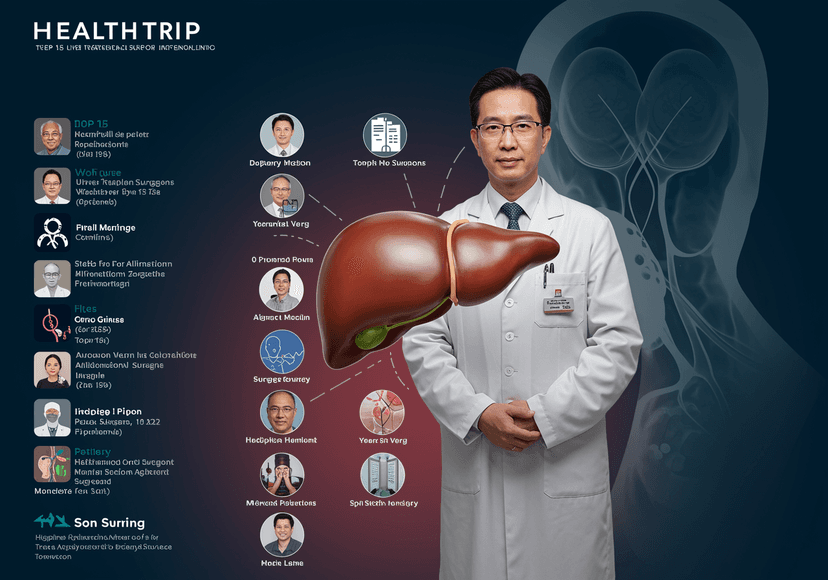
Healthtrip: Top 15 Liver Transplant Surgeons for International Patients
Healthtrip










